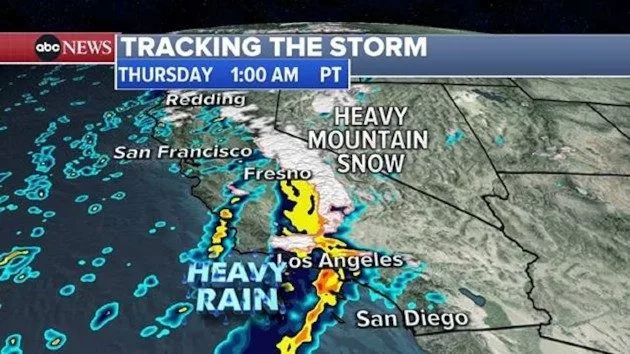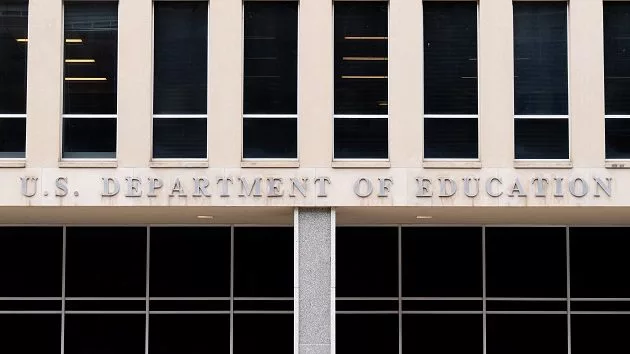(NEW YORK) — New data released by the American Library Association highlights the growing battle libraries and schools face over book bans and other challenges.
The number of books targeted by critics surged 65% from 2022 to 2023, according to the data published early Thursday. The ALA recorded 4,240 unique book titles that were targeted for removal or restriction in schools and libraries across the U.S. in 2023, topping the previous record of 2,571 unique titles in 2022.
About 47% of the titles targeted were by or about the LGBTQ community and/or people of color, the new data showed.
Public libraries experienced a 92% increase in challenges to books, while school libraries saw an 11% increase, according to the ALA.
“Every challenge to a library book is an attack on our freedom to read,” ALA President Emily Drabinski said in a statement on the new data.
“Libraries that reflect their communities’ diversity promote learning and empathy that some people want to hide or eliminate,” Drabinski said. “Libraries are vital institutions to each and every community in this country, and library professionals, who have dedicated their lives to protecting our right to read, are facing threats to their employment and well-being.”
Many of the efforts to target books came from politicized groups or individuals demanding the censorship of multiple titles — often dozens or hundreds at a time — which drove the surge in book challenges, the ALA said.
In total, there were 1,247 overall demands to censor library materials and resources, according to the ALA.
At least 17 states saw more than 100 book censorship attempts, the ALA said: Colorado, Connecticut, Florida, Idaho, Illinois, Iowa, Kentucky, Maryland, Missouri, North Carolina, Ohio, Pennsylvania, Tennessee, Texas, Utah, Virginia and Wisconsin.
“The reports from librarians and educators in the field make it clear that the organized campaigns to ban books aren’t over, and that we must all stand together to preserve our right to choose what we read,” said Deborah Caldwell-Stone, the director of ALA’s Office for Intellectual Freedom.
The ALA compiles its data from reports filed with its Office for Intellectual Freedom by library professionals and news reports. However, the organization says the data is only a “snapshot” of book censorship attempts because it’s not likely that all attempts are reported to the ALA or covered by the press.
Across the country, some educators, librarians, parents and politicians have been at odds over classroom and library materials in part because of recent conservative-backed legislation restricting certain content in schools.
In 2021, legislation began to pop up in states — such as Texas, Florida and Oklahoma — restricting what content schools could share in classrooms regarding race, gender and sex. In one case in Florida, the Escambia County school district announced more than 1,500 book titles had been removed from shelves and were under review in January, the same day a federal judge ruled that a lawsuit challenging the ban could move forward.
Critics say these laws often use vague language that can lead to censorship and limit free speech, according to the American Civil Liberties Union and other civil rights advocacy groups.
Advocates of such legislation say these policies ensure that “inappropriate” content is weeded out of classrooms to protect children from “indoctrination,” Florida Gov. Ron DeSantis and Texas Gov. Greg Abbott have said.
Copyright © 2024, ABC Audio. All rights reserved.






